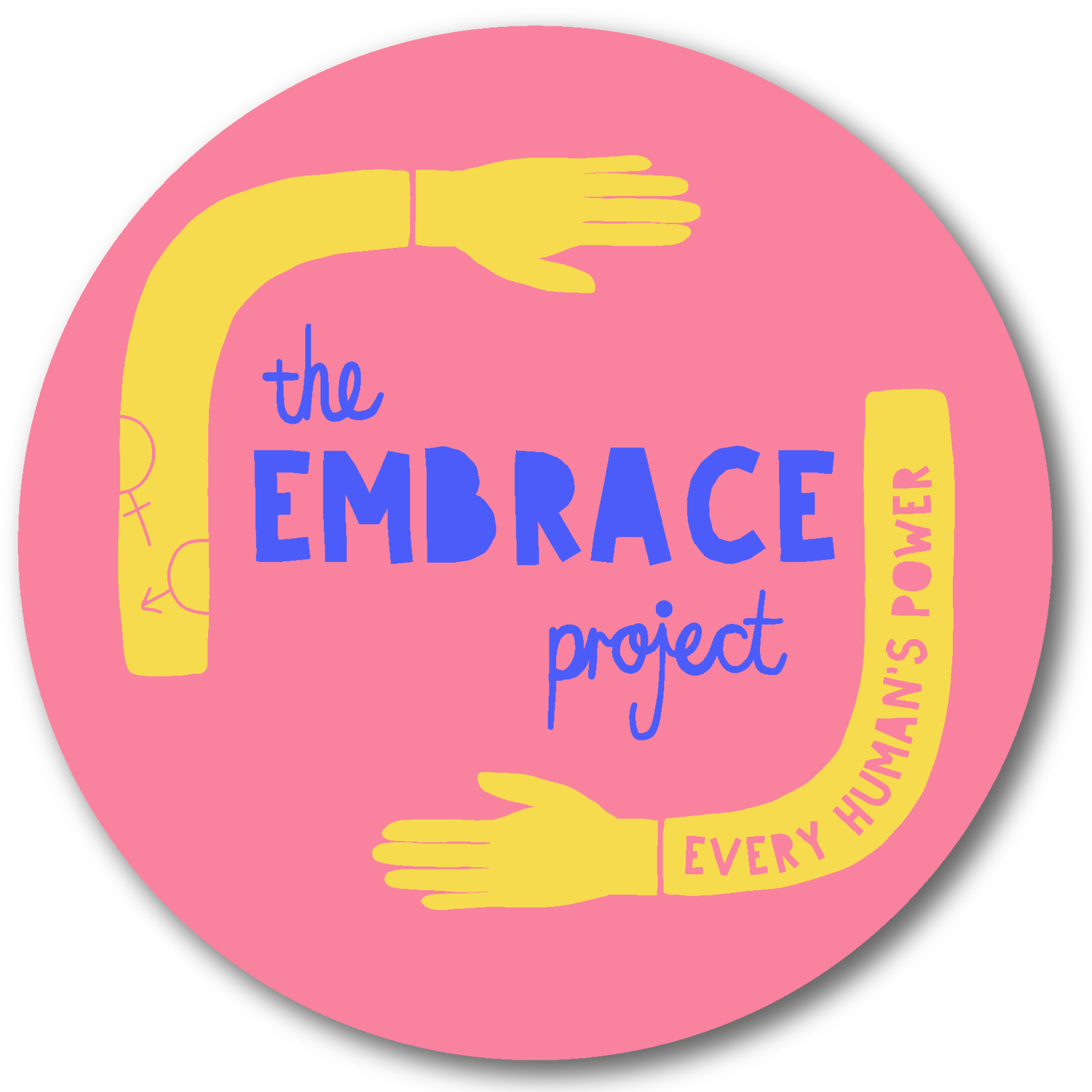I’m Tired of Being Silent.
A statement by Megan Gieske.
My name is Megan Gieske.
As a freelance writer and Nonprofit Storyteller in Cape Town, I get to meet inspiring nonprofits and community leaders, and interview heroic women, survivors of gender-based violence. It’s their courage and conviction to tell their stories free of shame, guilt, and fear of judgement that inspires me daily. It’s what encouraged me to share my story.
One woman I interviewed, a survivor of five years of domestic violence at the hands of her boyfriend, said, “I never knew in life I could have peace.”
These women are not only fighters; they’re real life superheroes. But they shouldn’t have to be.
Though we seem more than ever as a culture to talk about gender-based violence, we may not be as ready to listen to the stories of the girls who lived down the street, went to our school or our church because we can’t believe them and uphold our understanding of the world.
I am a survivor of rape, sexual assault, and childhood sexual abuse by a friend’s neighbor, and I have lived with PTSD for over 15 years.
Poetry for me is a way of healing because it’s a ready witness to suffering. To quote journalist Jeffrey Fleishman,
“The words are bound in blood and speak of graves and broken bones.”
After working with other survivors of intense traumas, I have found poetry is the best healer. Most of my poems condemn and illuminate the reality of abuse and violence.
Poetry is what I continue to come back to as a reminder to continue collapsing the distance between ourselves, what is being discussed, and what is happening in the world, and to be driven by a gaze of love and grief.
Our strength doesn’t always look like strength. Sometimes it looks like weakness.
One of the best things ever said to me in my healing was “I haven’t been watching you struggle. I’ve been watching you fight.”
My story is not easy, nor is it easy to listen to the story of someone you know, but we should welcome such stories because we are reminded of who we are and who we have been forced to become. Next time someone shares their story with you, ask yourself this: What do our stories say that can change the world?
For me, stepping out into the day takes care for a world that has hurt me so much has also shown me beautiful things, that there’s beauty in the restoration of pain. Maya Angelou said, “There is no agony like bearing an untold story inside of you,” and no freedom like telling that story.
What you can do -
Follow and support amazing organizations like The Justice Desk, Langa for Men, the Community Intervention Centre, Saartjie Baartman Centre, Cesvi South Africa, the Kolisi Foundation, and ONE.
It’s not enough to say sorry.
Download and read the Kolisi Foundation’s GBV Booklet, and equip yourself with the knowledge of where to go and who to call, when you or someone you know becomes a victim of gender-based violence.
If you’re in a place in your healing where you can, join me in raising your voice, so one day, it will no longer be necessary to share our stories because we’ll no longer have stories to tell. It’s time we all stood up.
If you or someone you know has been impacted by GBV, the Community Intervention Centre has a free 24 hour helpline at 082-821-3447 and 6 free counseling sessions.
If you are reading this as a survivor, remember you’re not defined by the worst that has been done to you but by the best that is in you. You can stand up. You can speak out. You don’t need to be quiet. You don’t need to hide.



